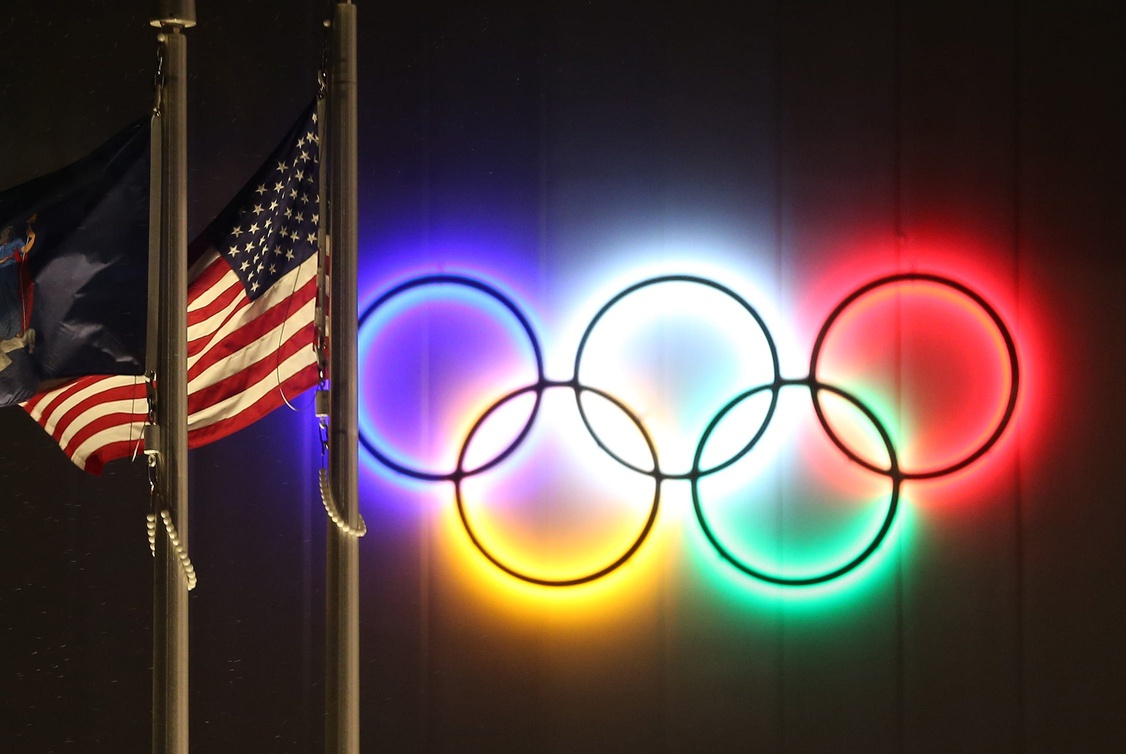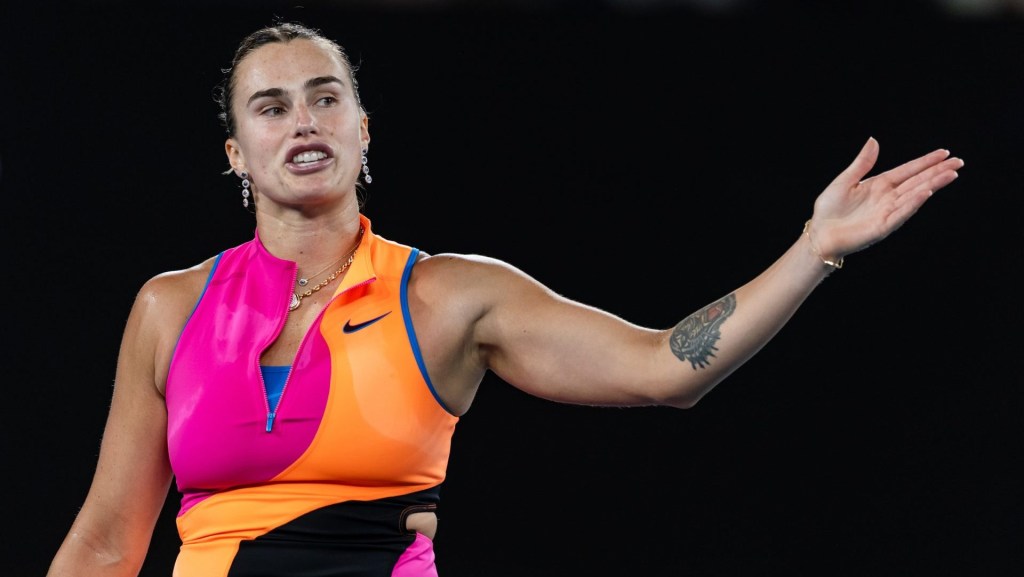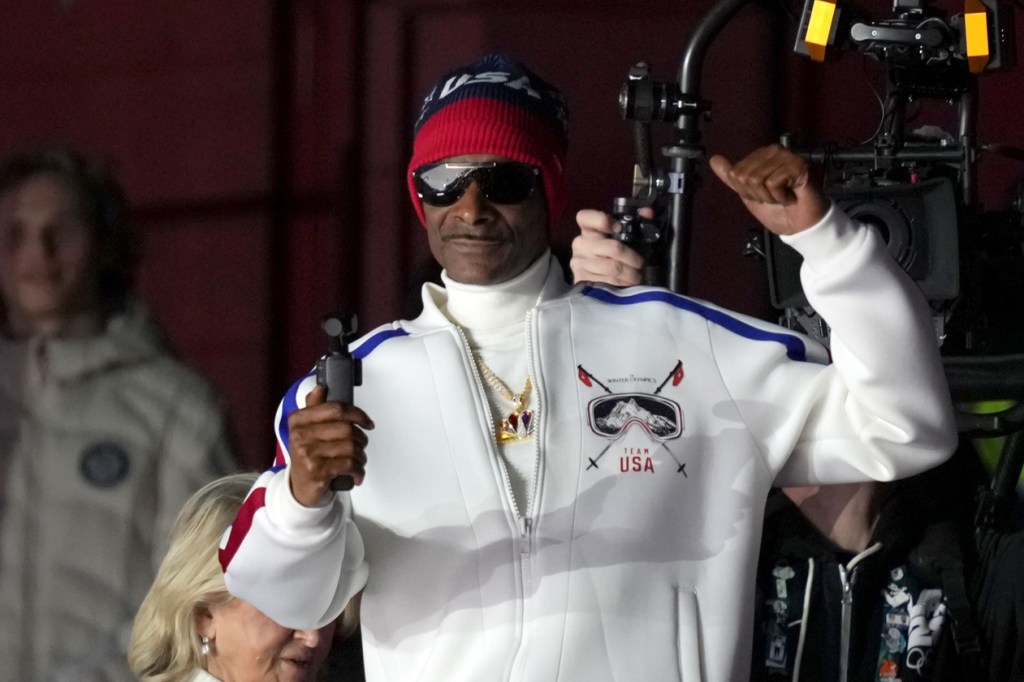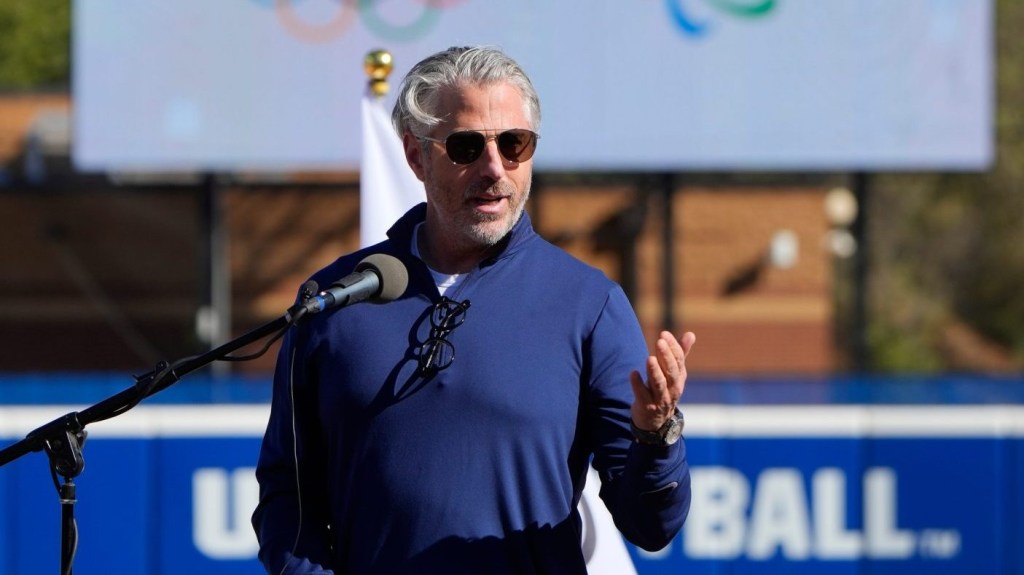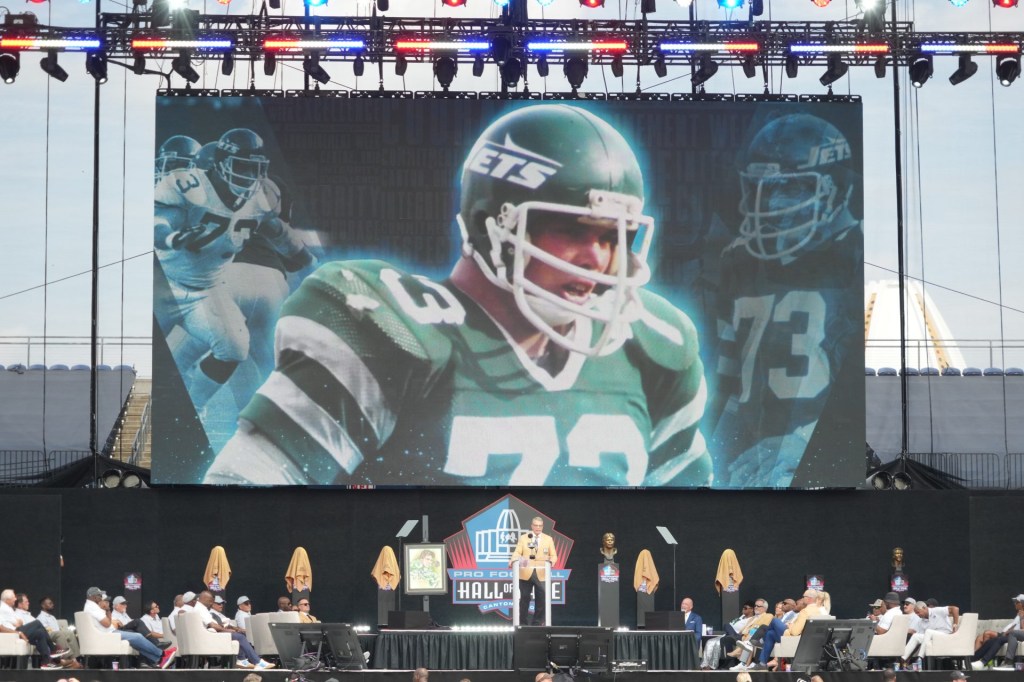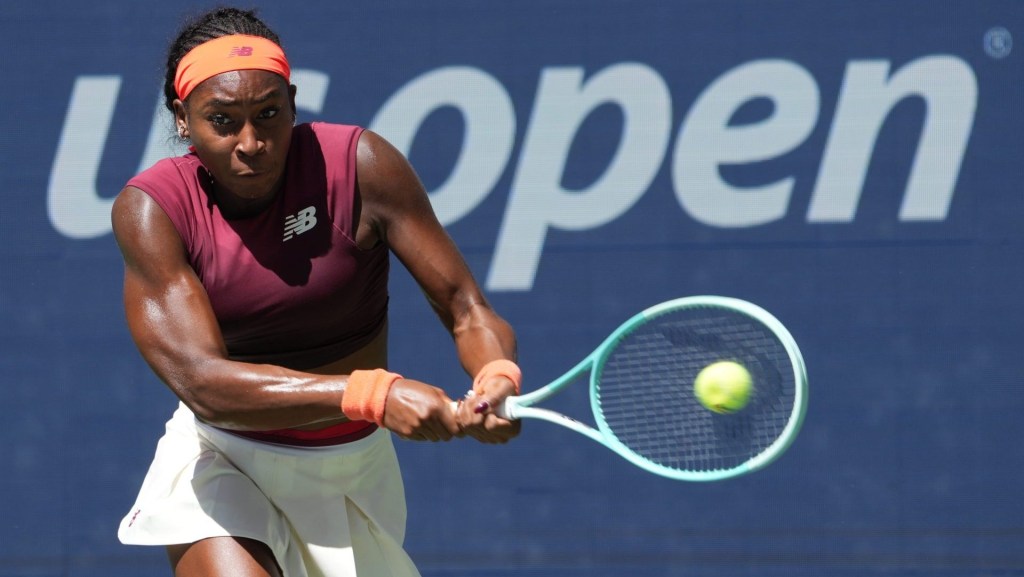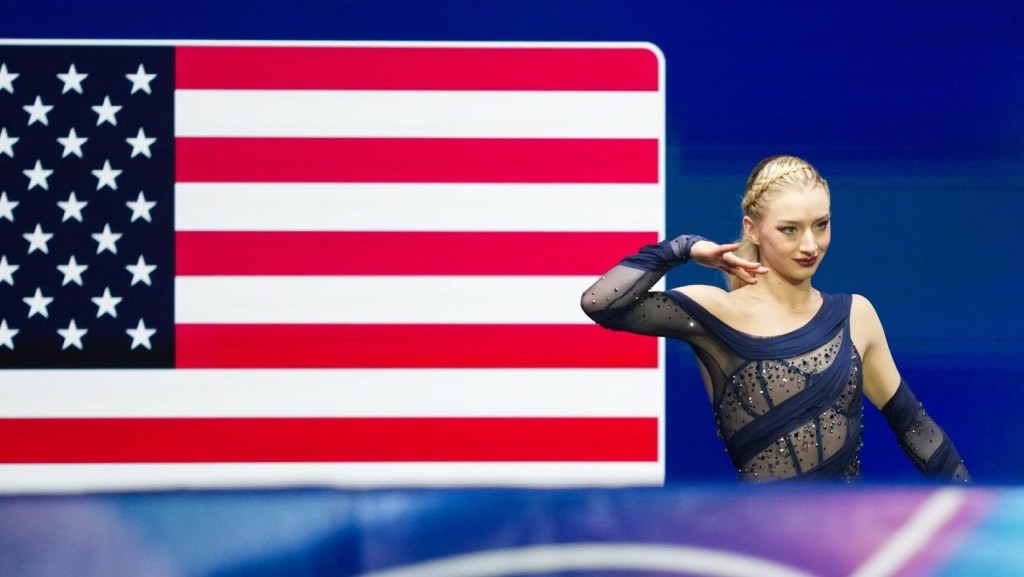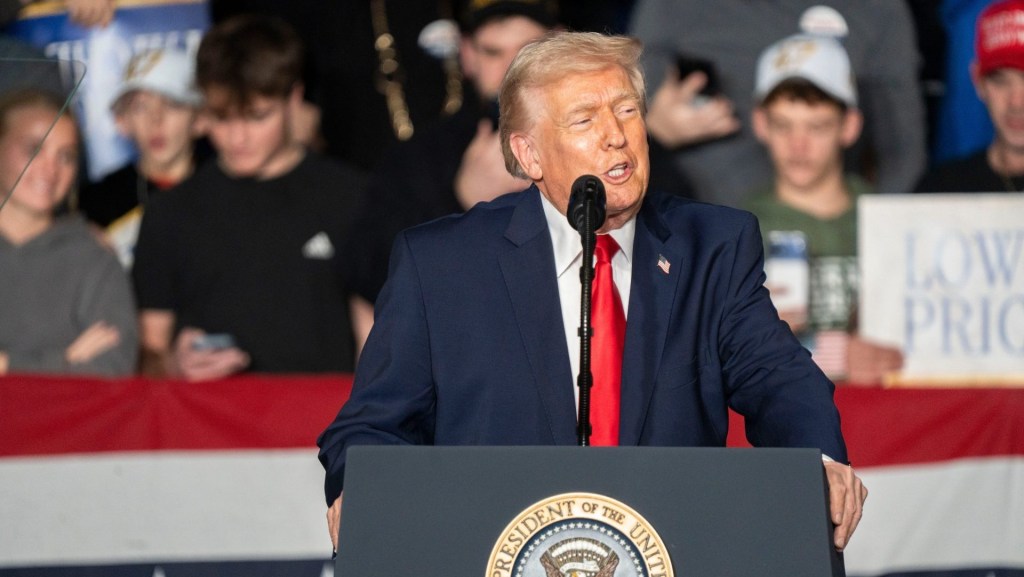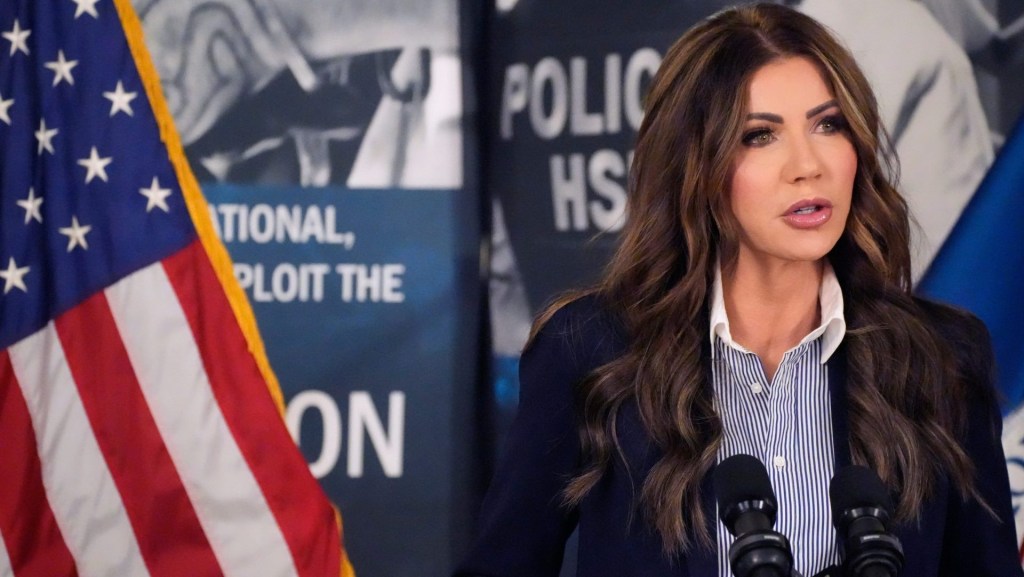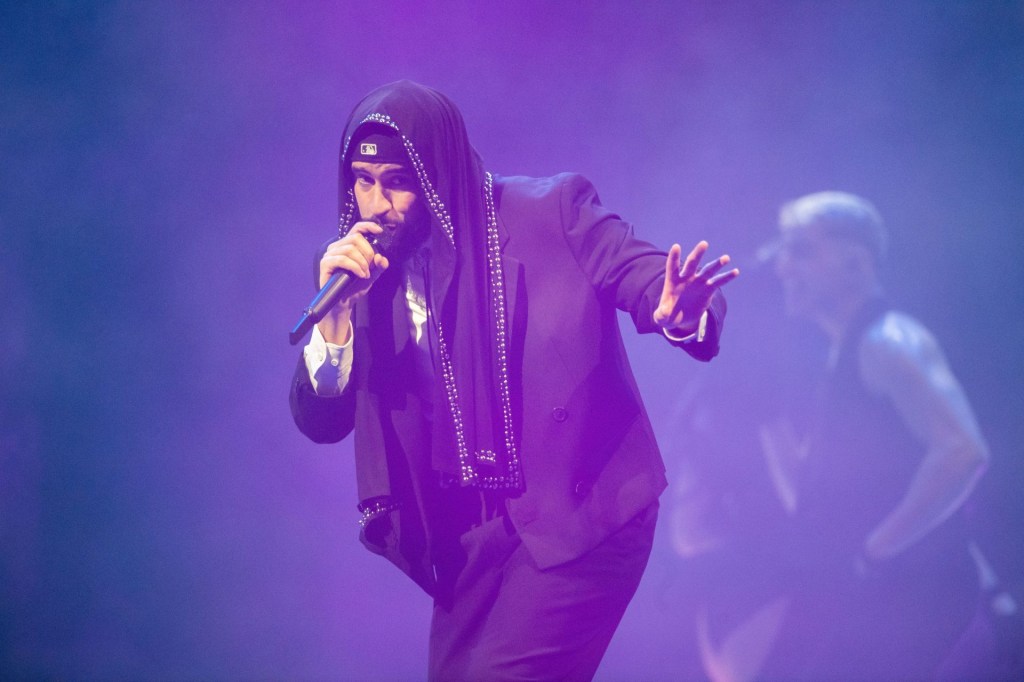The U.S. Olympic and Paralympic Committee updated its official policy Monday to ban transgender women from competing in women’s sports across all of its governing bodies.
The USOPC changed its stance citing President Trump’s February executive order, “Keeping Men Out of Women’s Sports.” The Department of Justice has sued Maine and California for policies it says violate the executive order and Title IX.
The committee quietly published its policy on its website Monday before confirming it in an email to member organizations the next day.
“The USOPC is committed to protecting opportunities for athletes participating in sport,” the new policy reads. “The USOPC will continue to collaborate with various stakeholders with oversight responsibilities, e.g., IOC, IPC, NGBs, to ensure that women have a fair and safe competition environment consistent with Executive Order 14201 and the Ted Stevens Olympic & Amateur Sports Act, 36 U.S.C § 22501, et. seq.”
The Ted Stevens Act, initially passed in 1978 but amended several times since, established the USOPC and outlined its responsibilities.
USOPC CEO Sarah Hirshland and president Gene Sykes confirmed the change in their Tuesday email to the “Team USA Community.” They wrote the USOPC had “a series of respectful and constructive conversations with federal officials” since Trump’s executive order.
“As a federally chartered organization, we have an obligation to comply with federal expectations,” the email said. “Our revised policy emphasizes the importance of ensuring fair and safe competition environments for women. All National Governing Bodies are required to update their applicable policies in alignment.”
The new rules won’t just have an impact at the Olympic level. National governing bodies, which include organizations like USA Swimming and USA Fencing, are often involved at the lowest levels of their sport all the way up to the Olympics. USA Fencing has already taken the policy a step further by saying athletes “of the female sex” can compete in women’s categories, while the men’s category is open to all other athletes (cisgender men, transgender men and women, and nonbinary and intersex individuals).
Shortly after the executive order, the NCAA made a similar move to limit women’s sports to athletes assigned female at birth. The new IOC president Kirsty Coventry has also said she wants her organization to be a leader in the effort to “protect the female category.”
